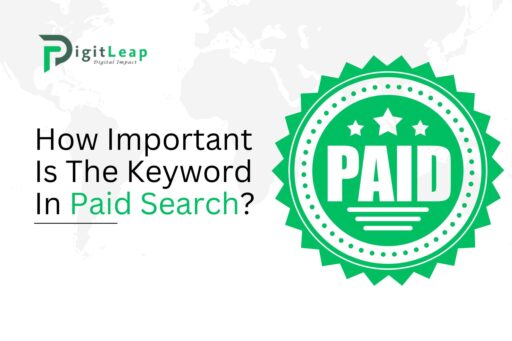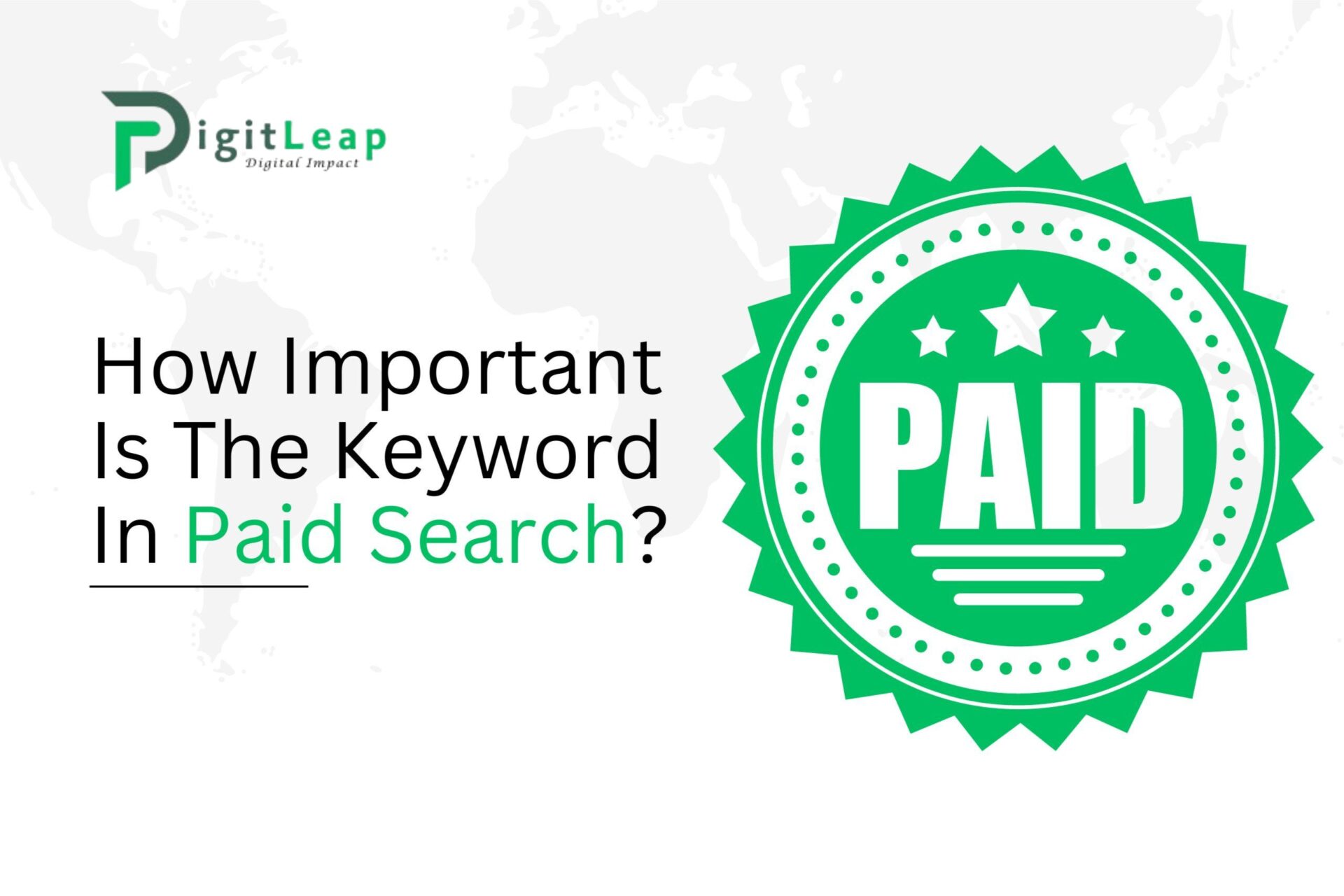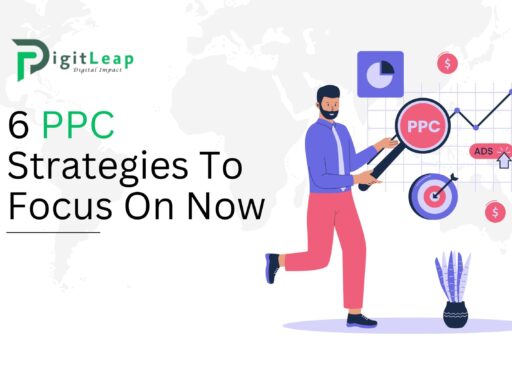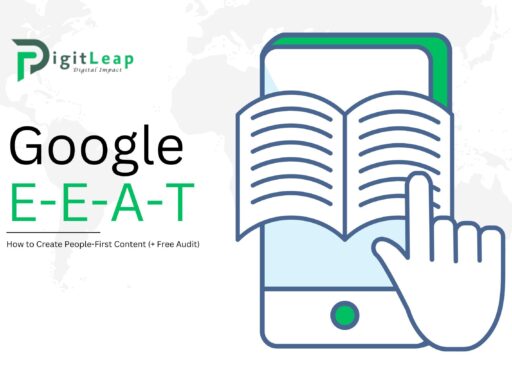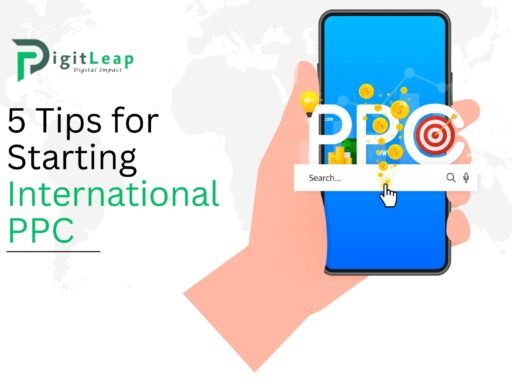How Important Is The Keyword In Paid Search?
Keywords are at the heart of paid search campaigns. They’re the bridge that connects your ads with potential customers actively looking for your products or services. When it comes to pay-per-click (PPC) advertising, choosing the right keywords can be the difference between success and failure. So, just how important is the keyword in paid search? In short, it’s everything.
Let’s dive into why keywords are so crucial in paid search and how selecting the right ones can impact your ad performance and return on investment (ROI).
Keywords: The Foundation of Paid Search
In any PPC campaign, the keyword plays a fundamental role. It’s essentially the trigger that determines when and where your ads appear. Every time someone types a search query into Google or another search engine, the platform looks for ads that match the keywords related to that query. If your ad is using relevant keywords, it gets the chance to appear in front of the searcher.
For example, if you’re running an online store that sells running shoes, keywords like “buy running shoes,” “best running shoes,” or “affordable athletic footwear” could trigger your ads to appear when a user searches for those terms.
However, not all keywords are created equal. Some keywords might be too broad, attracting a large but less targeted audience, while others might be too niche, limiting your visibility. That’s why it’s so important to carefully select and manage your keywords based on relevance, search volume, and competition.
Matching User Intent
One of the key reasons keywords are so important in paid search is that they match user intent. People use specific words and phrases when they’re looking for something online. If your ad uses those same keywords, it signals to the search engine that your ad is relevant to what the user is searching for.
But beyond simply matching keywords, you need to ensure that your selected keywords align with the intent behind the search. There are different types of intent, such as:
- Informational intent: The user is looking for information, such as “how to train for a marathon.”
- Navigational intent: The user is trying to find a specific website, like “Nike running shoes official store.”
- Transactional intent: The user is ready to make a purchase, searching for terms like “buy running shoes online.”
When your keywords align with the user’s intent, you increase the chances of attracting clicks from people who are more likely to convert. If your keywords don’t match intent, you could end up wasting your ad budget on clicks that don’t lead to any meaningful results.
Quality Score and Keyword Relevance
Google Ads uses a metric called Quality Score to evaluate the relevance and effectiveness of your ads. Quality Score is influenced by several factors, including the relevance of your keywords to the search query, the quality of your landing page, and the overall user experience. A high Quality Score means that Google sees your ad as relevant and useful, which can lower your cost per click (CPC) and improve your ad’s ranking.
Keyword relevance is one of the most critical factors in achieving a high Quality Score. If your keywords closely match the user’s search terms and the content on your landing page, your Quality Score will improve. This means your ads will perform better and cost you less, allowing you to stretch your ad budget further.
Choosing the Right Keywords
Now that we understand the importance of keywords in paid search, the next step is choosing the right ones. This process requires research and strategy. Here are some tips for selecting effective keywords:
- Start with broad keywords: When you first launch a campaign, it’s often helpful to start with broad keywords to gather data on what works. As you collect performance data, you can refine your list by focusing on more specific terms.
- Use long-tail keywords: Long-tail keywords are longer, more specific phrases that usually have lower search volume but higher intent. For example, “best running shoes for flat feet” is a long-tail keyword that targets a very specific audience. These keywords often result in higher conversion rates since they match the user’s exact needs.
- Avoid overly competitive keywords: Some keywords, especially short, generic ones, can be highly competitive and expensive. Instead of competing with big brands for those keywords, try focusing on less competitive terms that are still relevant to your business.
- Monitor and update your keywords: Keyword performance can change over time, so it’s important to continuously monitor how your keywords are performing and make adjustments as needed. Remove underperforming keywords and add new ones based on trends and data.
The Role of Negative Keywords
While selecting the right keywords is essential, it’s equally important to identify negative keywords. These are terms you exclude from your campaigns to prevent your ads from showing for irrelevant searches.
For example, if you sell premium running shoes, you might want to exclude keywords like “cheap running shoes” or “free running shoes” since these searches may attract bargain hunters who aren’t your target audience. Adding negative keywords helps you avoid paying for clicks that are unlikely to convert, saving you money and improving the efficiency of your campaign.
Enhancing Your Keyword Strategy with Data
Data is one of the most valuable assets in paid search. By analyzing the performance of your keywords, you can refine your strategy and make data-driven decisions. Use tools like Google Analytics and the Google Ads Keyword Planner to see which keywords are driving traffic and conversions.
Look at metrics like click-through rate (CTR), conversion rate, and cost per conversion to gauge the effectiveness of your keywords. If certain keywords are driving lots of traffic but no conversions, they might not be aligned with user intent, or your landing page may need adjustments.
Conclusion
In paid search, the keyword is more than just a word—it’s the foundation of your entire campaign. The right keywords can drive qualified traffic to your site, increase conversions, and improve your ad performance, while the wrong keywords can waste your budget on irrelevant clicks.
At DigitLeap, we understand how crucial keyword selection is to PPC success. We help businesses craft keyword strategies that match user intent, boost Quality Scores, and maximize ROI. Let us guide you through the process of optimizing your paid search campaigns, so you get the best results from your keywords and ad spend.
FAQs
Q1. What is a keyword in paid search?
A keyword in paid search is a term or phrase that triggers your ads to appear when users search for related content on search engines like Google. Keywords are crucial for targeting the right audience in PPC campaigns.
Q2. Why are keywords so important in PPC advertising?
Keywords are essential because they connect your ads with the right users. Properly chosen keywords ensure that your ads are shown to people who are actively searching for products or services like yours, which leads to higher click-through rates and conversions.
Q3. What are negative keywords?
Negative keywords are search terms that you exclude from your campaigns. They help prevent your ads from showing up for irrelevant searches, saving you money by avoiding clicks from users who aren’t interested in your product or service.
Q4. How can I choose the right keywords for my PPC campaign?
Start by researching keywords related to your business, focusing on both broad and long-tail keywords. Use tools like Google Ads Keyword Planner to find keywords with high intent and manageable competition. Continuously monitor and update your keyword list based on performance data.
Q5. What is Quality Score, and how does it relate to keywords?
Quality Score is a metric used by Google Ads to measure the relevance and quality of your ads and keywords. A higher Quality Score can lead to better ad rankings and lower costs. It’s influenced by how closely your keywords match the search query and the user’s experience on your landing page.

